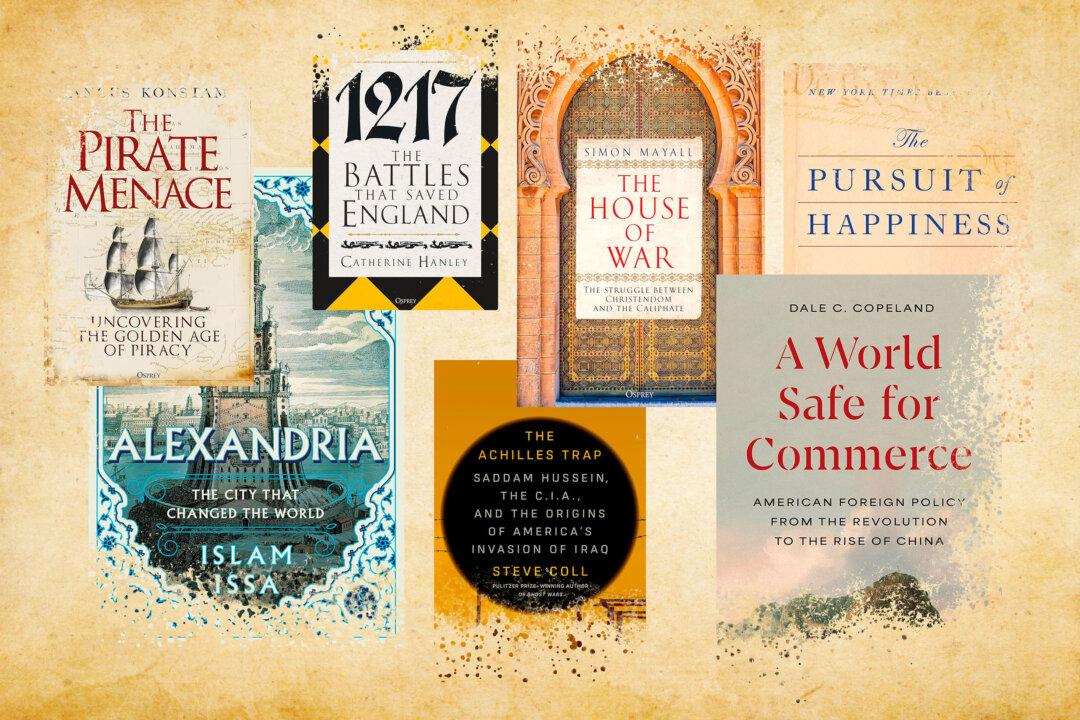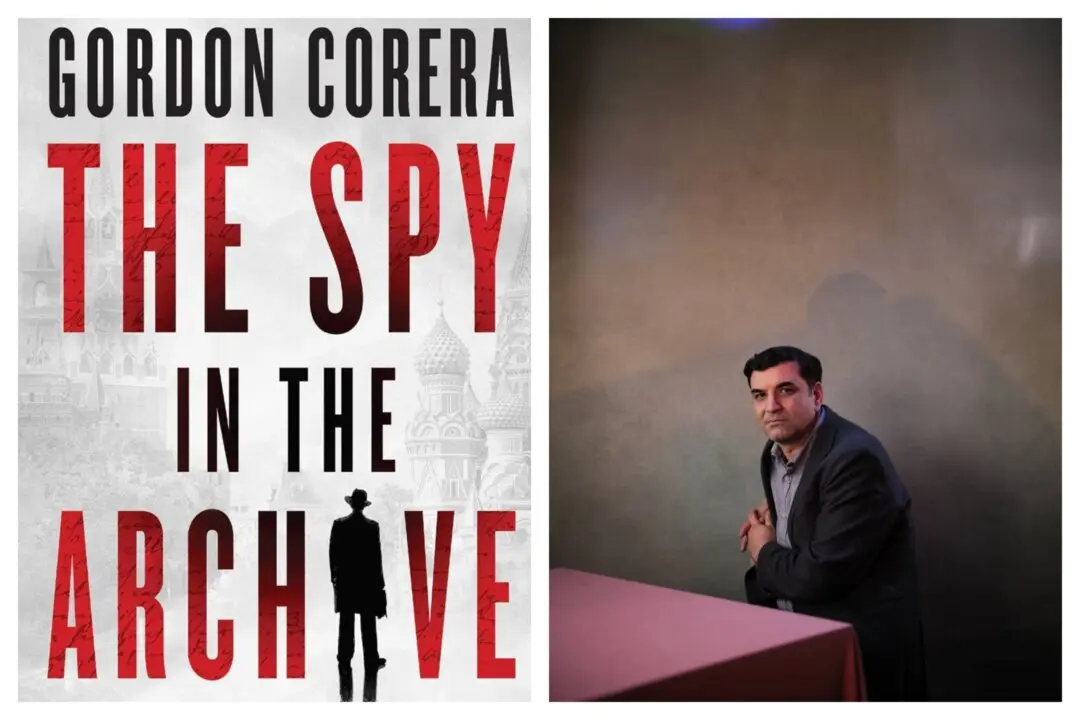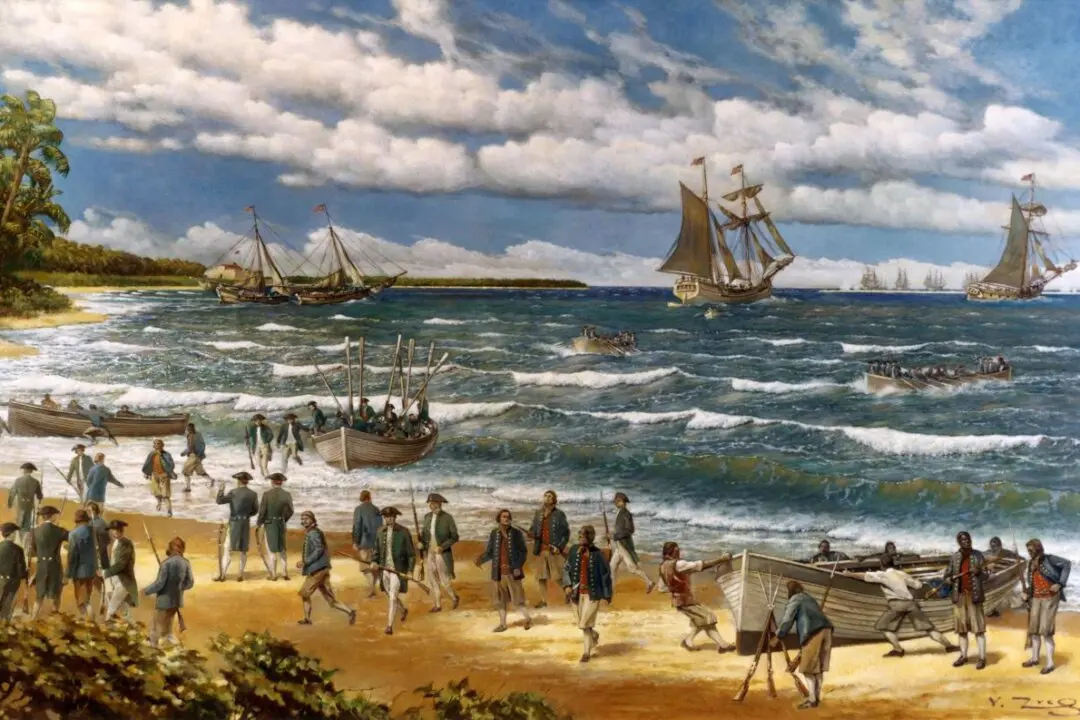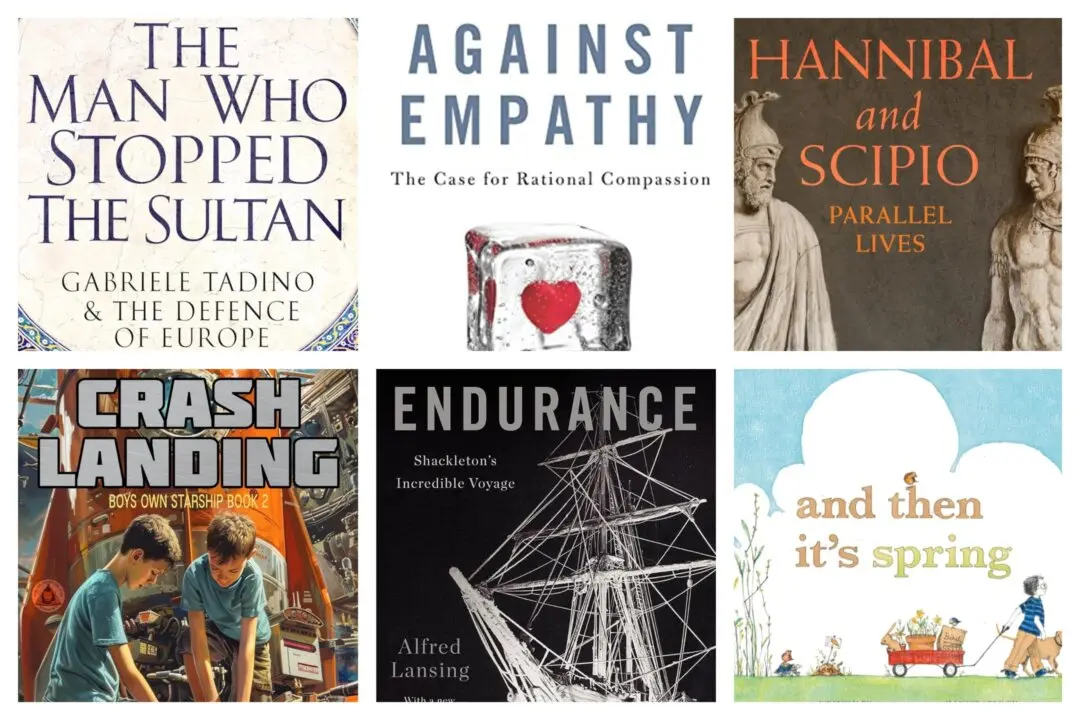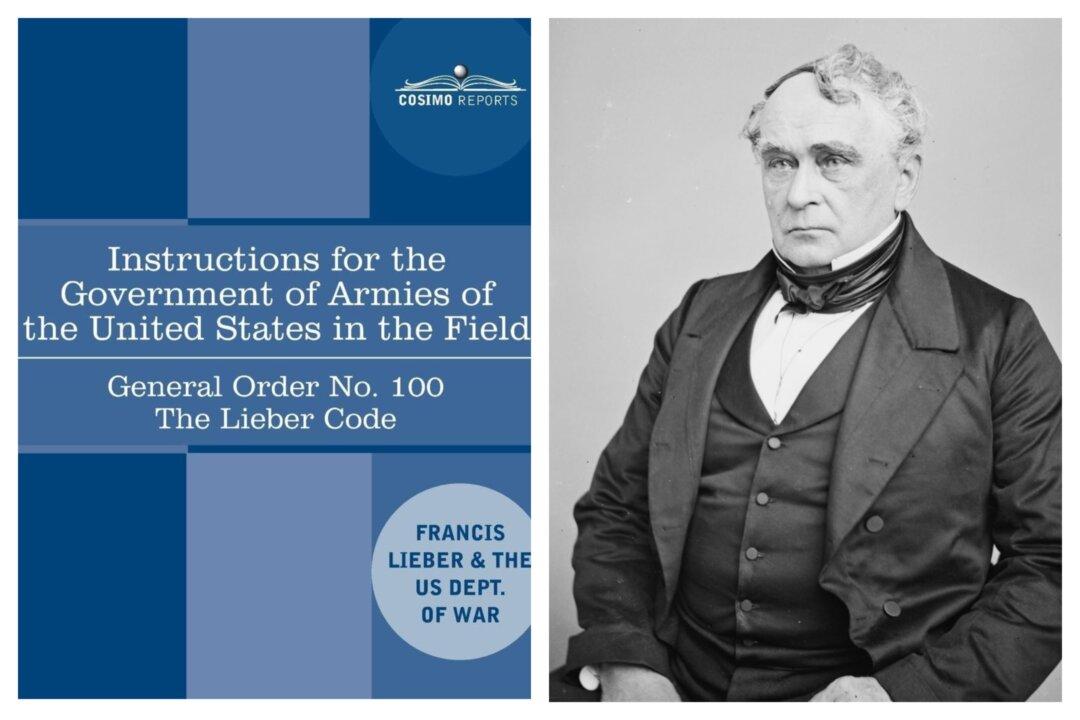Looking for history books that are worth the read going into the new year? I read and reviewed nearly 40 history books in 2024 that covered the eras of Ancient Greece, the Early Roman Empire, early Christianity and Islam in the Middle East, the Medieval Period in England and France, the rise of the Caribbean pirates, the U.S. Civil War, the World Wars of the 20th century, and the Cold War. Just like last year’s inaugural list, there were “some good, some better than others, some a chore to finish, and some so wonderful they belong in my top five.”
These top five books have made the list because they were the best written, most thoroughly researched, and most memorable from 2024. Also, there are some honorable mentions that are worthy reads. If you didn’t see my 2023 selections, I hope that you give those some consideration, too. Now, without further ado, here’s the list in ascending order:

